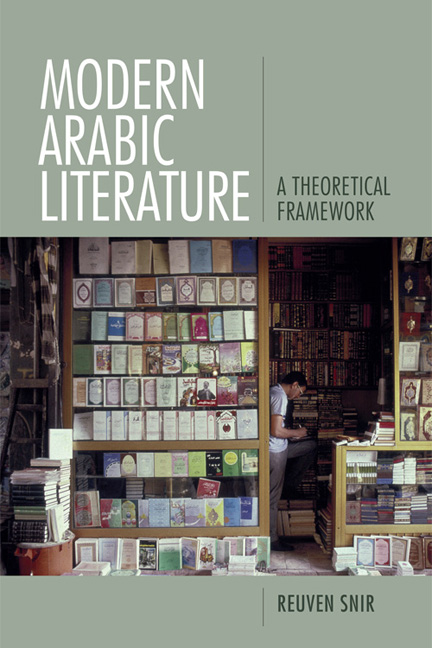Book contents
Conclusion
Published online by Cambridge University Press: 03 January 2018
Summary
In “Canon and Period,” from his History and Value (1988), Frank Kermode writes that notions of value in literature more often than not involve, as a rule rather obscurely, our views of the relationship of a work to its historical context. Judgments of value, from abolitionism (“the anarchic or nihilistic attitude which would abolish the work along with the past as a whole”) to the latest elaborations of Marxism (“the work may in its later existence have value that was not evident in its original form, the passage of time having made available its true relation to a necessarily false ideology enshrined in it”), cannot possibly avoid assumptions about the operations of history. It is necessary, therefore, according to Kermode, to say something rather general and elementary about the ways in which history is manipulated in the interests of literary valuation:
There seem to be two main ways in which we try to make history manageable for literary purposes: by making canons that are in some sense transhistorical; and by inventing historical periods. They enable us to package historical data that would otherwise be hopelessly hard to deal with; and they do so by making them modern.
Kermode also ponders the idea that periodization is colonial politics, which makes “period” as wicked an idea as “canon.” Both are used “to serve our interests, which may be colonialist or political.” But, both also help us give meaning to the past and secure access to “something in the past that can be made new, made valuable for the present.”
Unlike that of Kermode, our conception is descriptive and excludes evaluative judgments: We argue that Arabic literature can be more adequately analyzed as an historical phenomenon when conceived of as a system that replaces the search for data about material aspects of literary phenomena with the uncovering of the functions these aspects have. This literary system is inclusive and consists of all literary texts (even potential ones) for adults and children, including those that are translations, regardless of any hierarchies of value. In other words, it consists of all texts that in a given culture or community have been imbued with cultural value, which allows for higher levels of complexity and significance in the way they are constructed.
- Type
- Chapter
- Information
- Modern Arabic LiteratureA Theoretical Framework, pp. 228 - 278Publisher: Edinburgh University PressPrint publication year: 2017

